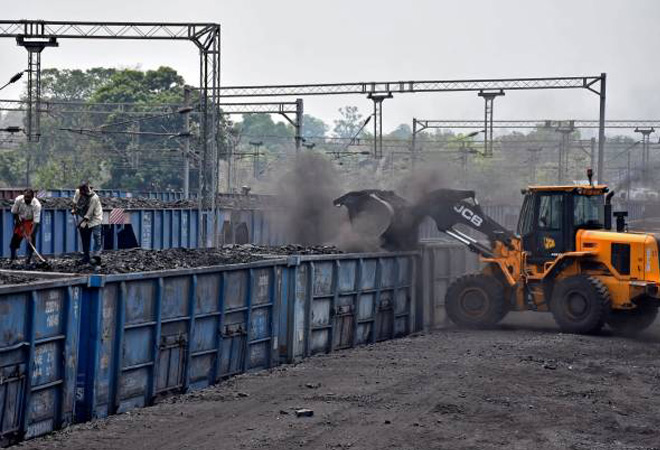India’s purchases of Russian coal have increased dramatically in recent weeks. It occurred at a time when Moscow is facing international sanctions.
Moscow has been severely sanctioned for its invasion of Ukraine. It had previously warned the European Union against imposing harsh coal sanctions. Moscow continued, claiming that they would backfire because the fuel would be diverted to other markets.
Indian refiners have also taken advantage of cheap Russian oil that Western countries have avoided. The data showed that over the course of 20 days, the value of India’s oil trade with Russia increased more than 31-fold to $2.22 billion.
According to ship tracking data from Refinitiv Eikon, Indian imports of Russian coal are expected to reach their highest level in at least seven and a half years in June.
It’s also worth noting that Russian traders have been quite generous with trade terms. They even accept Indian rupees and UAE dirham as payment. Furthermore, they have given the Indians substantial discounts.
It is expected that the trend of increased Russian coal purchases will continue.
India and the Russian-Ukraine conflict
Since independence, India’s response to worldwide military crises has not changed significantly. Following the dissolution of the USSR, the instance has always been pro-USSR and pro-Russia.
India’s response to the Russia-Ukraine crisis is not fundamentally different from its historically cautious neutrality. It has condemned the deaths of civilians without any name-calling. It has also abstained from the UN votes.
India chose not to vote for a United Nations Security Council (UNSC) resolution that strongly condemns Russia’s aggression against Ukraine. It was primarily sponsored by the US.
India also chose not to vote in favor of a United Nations General Assembly resolution criticizing Russia’s military operations in Ukraine.
Furthermore, it chose not to vote at the International Atomic Energy Agency (IAEA) on a resolution concerning the safety of four nuclear power plants and a number of nuclear waste sites, including Chernobyl, since the Russians had taken control of them.
India’s association with Russia at a glance
Bilateral connections with Russia are an important component of India’s foreign policy. Russia has been crucial in the country’s economic development and security. See here.
Russia has long been India’s nuclear energy partner. It recognizes India as a country with highly developed nuclear technology and with an unblemished non-proliferation record. The Kudankulam Nuclear Power Project (KKNPP) is a good example of ongoing collaboration in this area.
India and Russia have also been working together on several high-tech space projects.
There has been inalienable cooperation with regards to traditions of culture between the two countries. The Russian Federation is estimated to have around 15000 Indians. The oldest Indian organization in Russia is the Hindustani Samaj. It was founded in 1957 and collaborates closely with the Indian Embassy.
Recent developments in India’s stance on the Russian-Ukraine conflict
Strategically, this appears to be one of the most important global crises since the Cold War’s end. Over the last 30 years, India has strengthened its strategic partnership with the United States and the West in general. Meanwhile, it has been successful in maintaining warm ties with Russia.
India, which has strong political and security ties with Russia, has refrained from criticizing the country while urging an end to the violence in Ukraine. New Delhi justifies its procurement of Russian products as an endeavor to diversify its supply. It also claims that an abrupt stop will drive up global costs and harm consumers.
This week, New Delhi has also entered into FTA negotiations with the European Union. The negotiations resumed after more than 8 years.
In the world forum, the USA has also acknowledged and accepted India’s long association with Russia. Earlier this week, US spokesman Ned Price said that they were “there for India“.
India regards Russia as a long-standing and tried friend. While India-Russia cooperation on land is critical in Asia, the QUAD is critical in countering Chinese maritime expansionism in the Indian Ocean.













